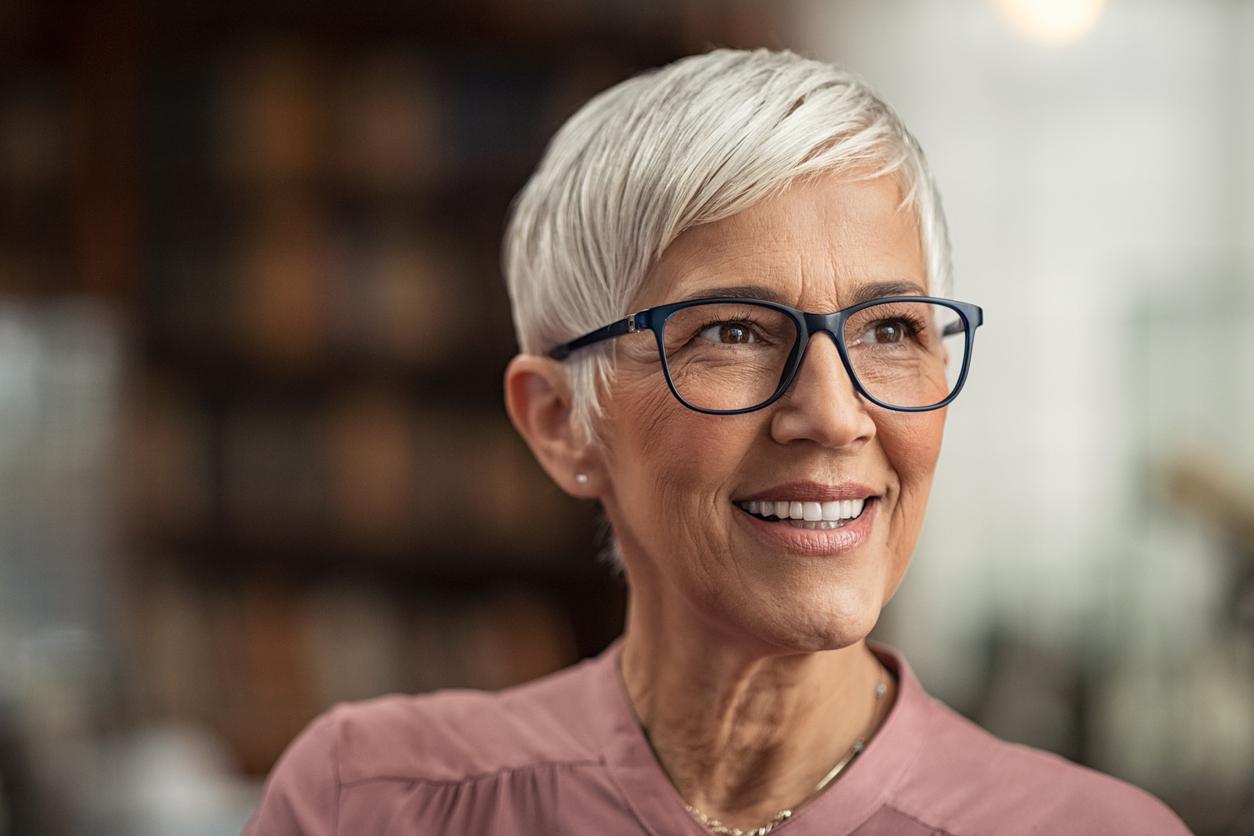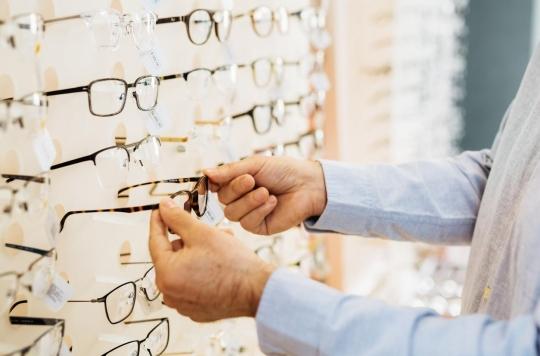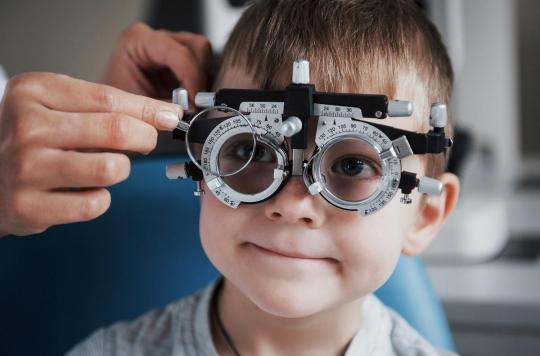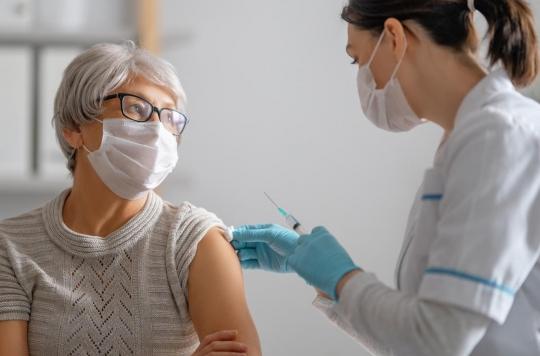According to the consumer association UFC – Que Choisir, nearly one in 5 opticians spontaneously offers complementary fraud for their customers.

According to UFC – Que Choisir, 1 in 5 opticians resort to fraud. The consumer association published on Tuesday the results of its investigation into the “dangerous connections” of these professionals with complementary health insurance. Conducted by volunteer investigators from the association, with 1,188 opticians, or 10.4% of French optical stores, the aim of the survey was to quantify the real extent of fraud in supplementary health caused by opticians.
Falsification of the invoice
The investigators or “mystery shoppers” went to opticians, selected a frame more expensive than the maximum reimbursable by their mutual, informed the seller and observed his reaction. In short, the investigator said he wanted to equip himself with simple lenses, then had to opt for a frame of a minimum amount of 140 euros. He also had to communicate to the optician the amount of the maximum cover for his complementary health insurance: 90 euros for the frame and 390 euros for the lenses. He then argued that the rest of the mount was too high for him.
In nearly one in 5 cases, the optician spontaneously suggested that the investigator falsify the invoice sent to the complementary health insurance, in order to increase reimbursement. They therefore increased the price of the lenses to reach the maximum amount (in this case 390 euros), reducing that of the frame to 90 euros. Only 30% of opticians offered a cheaper frame.
Harmful consequences for the community
This fraud, particularly widespread among independent opticians (30% of cases), does not spare the large national brands (10 to 15% of cases for Optical Center, GrandOptical, Optic 2000, mutual opticians).
These apparently advantageous practices for the customer result in additional benefits to be paid from the complementary health insurance and therefore an increase in the contributions paid to these complementary health insurance. According to UFC – What to choose, this represents a cost of 142 million euros per year for the consumer.
While opticians and complementary health insurance are blaming themselves on the origin of fraud and additional costs, the association has broadened its research, analyzing the consequences of these reimbursements on this market. The reimbursement of insurance in the field of optics – which is specific to France – has had an inflationary effect. High-end optical guarantees have triggered a vicious circle between optical reimbursements and the prices offered by opticians. The prices of glasses in France are the highest in Europe, with an average price of 470 euros.
.

















